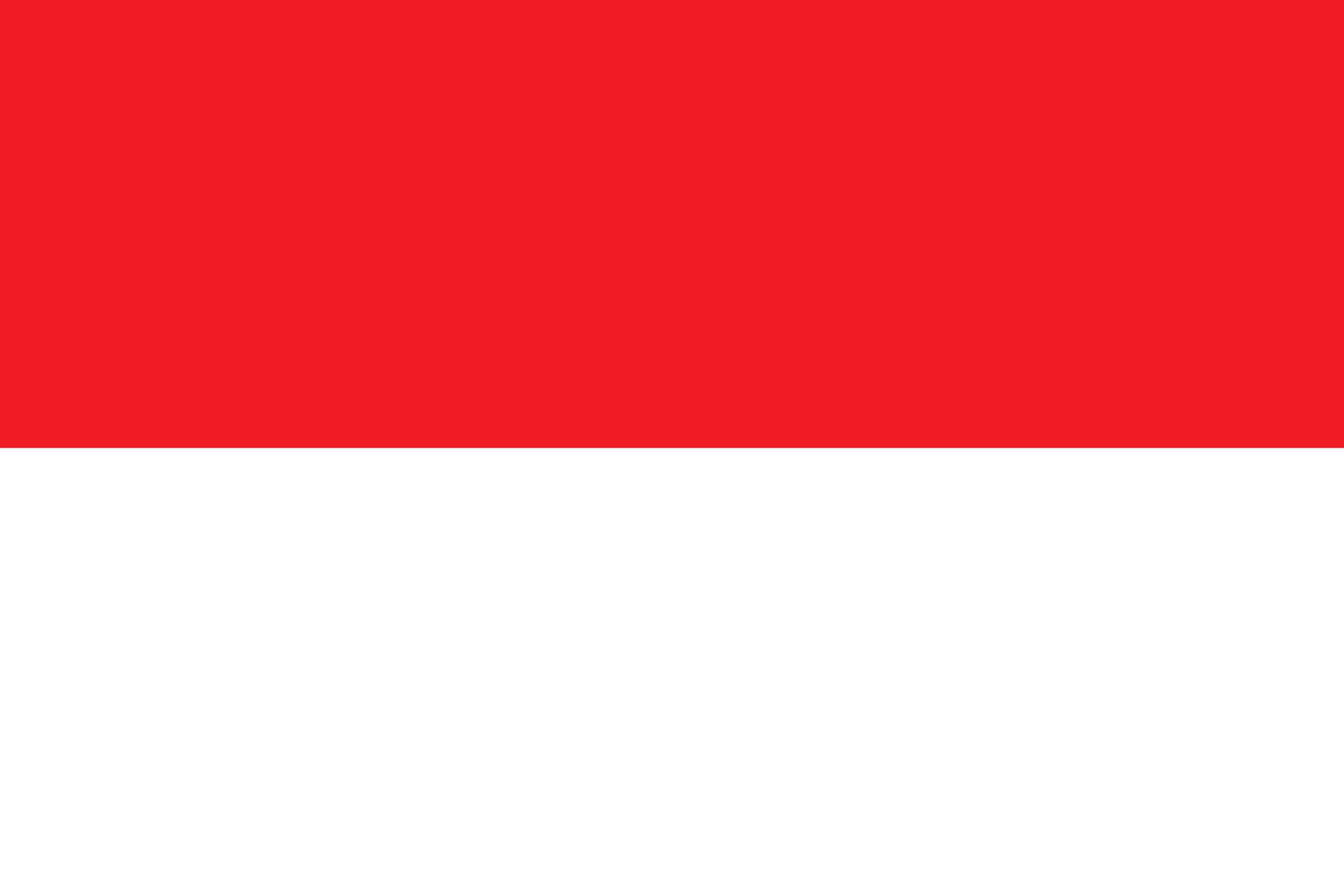Increasing Mustahik Welfare: The Role of Capital and Mentoring
Keywords:
Capital, Mentoring, Mustahik WelfareAbstract
Public welfare is the main goal of economic development in every country. One of the Islamic economic instruments that can be used to realise welfare in society is zakat. This study analyses the effect of productive zakat utilization in the form of capital and mentoring on mustahik welfare. This research is a quantitative research with Partial Least Square Structural Equation Modelling (PLS-SEM) analysis technique, with SmartPlS 4 software. The object of research is mustahik beneficiaries of the lapak berkah program. The sample used in this study was the entire existing population, namely 80 mustahik beneficiaries of the blessing stall programme. The results showed that capital has no effect on mustahik welfare. Furthermore, the assistance provided by zakat institutions has no effect on the welfare of mustahiks. This study measures the welfare of mustahik using the maqashid sharia method.
References
Andriati, R., & Huda, N. (2015). The Influences of Productive Zakah Mentoring To Saving Behavior and The Prosperity of Poor Housewife. Al-Iqtishad: Journal of Islamic Economics, 7(2), 207–216. https://doi.org/10.15408/ijies.v7i2.1698
Annisa Nur Rakhma. (2014). Analisis Faktor-Faktor Yang Mempengaruhi Kesejahtraan Mustahik Penerima ZIS Produktif (Studi pada Lagzis Baitul Ummah Malang). Jurnal Ilmiah Mahasiswa Universitas Brawijaya, 1–19.
Beik, I. S., & Arsyianti, L. D. (2015a). Construction of Cibest Model As Measurement of Poverty and Welfare Indices From Islamic Perspective. Al-Iqtishad: Journal of Islamic Economics, 7(1), 87–104. https://doi.org/10.15408/ijies.v7i1.1361
Beik, I. S., & Arsyianti, L. D. (2015b). Construction Of CIBEST Model as Measurement of Poverty and Welfare Indices From Islamic Perspective. Al-Iqtishad: Jurnal Ilmu Ekonomi Syariah, 7(1), 87–104. https://doi.org/10.15408/aiq.v7i1.1361
BPS. (2023). Badan Pusat Statistik : Data Kemiskinan Di Indonesia Tahun 2023.
Fikriyah, K., & Ridlwan, A. A. (2018). The Evaluation of Mustahiq Empowerment-Based Poverty Alleviation Program at Amil-Zakat Organizations. International Journal of Islamic Business and Economics (IJIBEC), 65–73. https://doi.org/10.28918/ijibec.v2i1.1263
Hair, J. F., Black, Jr, W. C., Babin, B. J., & Anderson, R. E. (2019). Multivariate Data Analysis. In Pearson New International Edition.
Hardani, Andriani, H., Ustiawaty, J., Utami, E. F., Istiqomah, R. R., Fardani, R. A. F., Sukmana, D. J., & Auliya, N. H. (2020). Metode Penelitian Kualitatif dan Kuantitatif ISBN: 978-623-7066-33-0. In Pustaka Ilmu (Issue March).
Ibrahim, D., & RuziahGhazali, D. (2014). Zakah as an Islamic Micro-Financing Mechanism to Productive Zakah Recipients. Asian Economic and Financial Review, 4(1), 117-125., 4(1), 117–125. http://www.pakinsight.com/pdf-files/aefr 4(1), 117-125.pdf
IZI. (2023). Profile Inisiatif Zakat Indonesia. https://izi.or.id/profile/
Mawardi, I., Widiastuti, T., Al Mustofa, M. U., & Hakimi, F. (2023). Analyzing the impact of productive zakat on the welfare of zakat recipients. Journal of Islamic Accounting and Business Research, 14(1), 118–140. https://doi.org/10.1108/JIABR-05-2021-0145
Prastiawati, F., & Satya Darma, E. (2016). Peran Pembiayaan Baitul Maal Wat Tamwil Terhadap Perkembangan Usaha dan Peningkatan Kesejahteraan Anggotanya dari Sektor Mikro Pedagang Pasar Tradisional. Jurnal Akuntansi Dan Investasi, 17(2), 197–208. https://doi.org/10.18196/jai.2016.0055.197-208
Pratiwi, F. D., Widiastuti, T., & Airlangga, U. (2017). ANALISIS KETIDAKBERHASILAN PROGRAM PEMBIAYAAN USAHA SYARIAH ( PUSYAR ) DALAM MENINGKATKAN KESEJAHTERAAN PENDAHULUAN Setiap negara pasti menginginkan negaranya maju , makmur dan sejahtera . Namun , kemiskinan masih menjadi problematika yang sedang dihadapi. 1(4), 95–120.
Purwanza dkk., S. W. (2022). Metodologi Penelitian Kuantitatif, Kualitatif dan Kombinasi. In News.Ge (Issue March).
Rachmawati, E. N., Azmansyah, A., & Utami, T. T. (2019). Analisis Zakat Produktif Dan Dampaknya Terhadap Pertumbuhan Usaha Mikro Dan Penyerapan Tenaga Kerja Serta Kesejahteraan Mustahik Di Kota Pekanbaru Provinsi Riau. Jurnal Ilmu Manajemen, 8(2), 1. https://doi.org/10.32502/jimn.v8i2.1806
Rahmad Solling Hamid, S.E., M.M, Dr. Suhardi M Anwar, Drs., M.M, . (2019). Strutural Equation Modeling (SEM) Berbasis Varian: Konsep Dasar Dan Aplikasi Dengan Program SmartPLS 3.2.8 Dalam Riset Bisnis.
Ramli. (2021, April 21). 77, 6 Persen UMKM Indonesia Masih Tidak Mendapat Akses Kredit. Kompas. https://money.kompas.com/read/2021/04/21/163726326/776-persen-umkm-indonesia-masih-tidak-mendapat-akses-kredit
Rizki Yuliana, Yenni Samri Juliati Nasution, M. S. (2023). Analisis Faktor-Faktor Yang Mempengaruhi Keberhasilan Program Zakat Produktif Dalam Meningkatkan Kesejahteraan Mustahik. J-EBIS (Jurnal Ekonomi Dan Bisnis Islam), 8(1), 127–142.
Sarstedt, M., Ringle, C. M., & Hair, J. F. (2021). Partial Least Squares Structural Equation Modeling. In Handbook of Market Research. https://doi.org/10.1007/978-3-319-57413-4_15
Setiaji, K., & Fatuniah, A. L. (2018). Pengaruh Modal, Lama Usaha dan Lokasi Terhadap Pendapatan Pedagang Pasar Pasca Relokasi. Jurnal Pendidikan Ekonomi Dan Bisnis (JPEB), 6(1), 1–14. https://doi.org/10.21009/jpeb.006.1.1
Setiawan, H. H. (2019). Merumuskan Indeks Kesejahteraan Sosial (Iks) Di Indonesia. Sosio Informa, 5(3). https://doi.org/10.33007/inf.v5i3.1786
Sodiq, A. (2016). Konsep Kesejahteraan Dalam Islam. Equilibrium, 3(2), 380–405. http://journal.stainkudus.ac.id/index.php/equilibrium/article/view/1268/1127
Suharto, E. (2005). Membangun Masyarakat Memberdayakan Rakyat: Kajian Strategis Pembangunan Kesejahteraan Sosial dan Pekerjaan Sosial. Refika Aditama.
Sukirno, S. (2000). Ekonomi Pembangunan Proses, Masalah, dan Dasar Kebijakan Pembangunan. UI-Press.
Widiastuti, T., Auwalin, I., Rani, L. N., & Ubaidillah Al Mustofa, M. (2021). A mediating effect of business growth on zakat empowerment program and mustahiq’s welfare. Cogent Business and Management, 8(1). https://doi.org/10.1080/23311975.2021.1882039
Zastrow, C. (n.d.). Introduction to Social Work and Social Welfare: Empowering People. http://books.google.com/books?id=D89nSQMCBdoC&pgis=1






